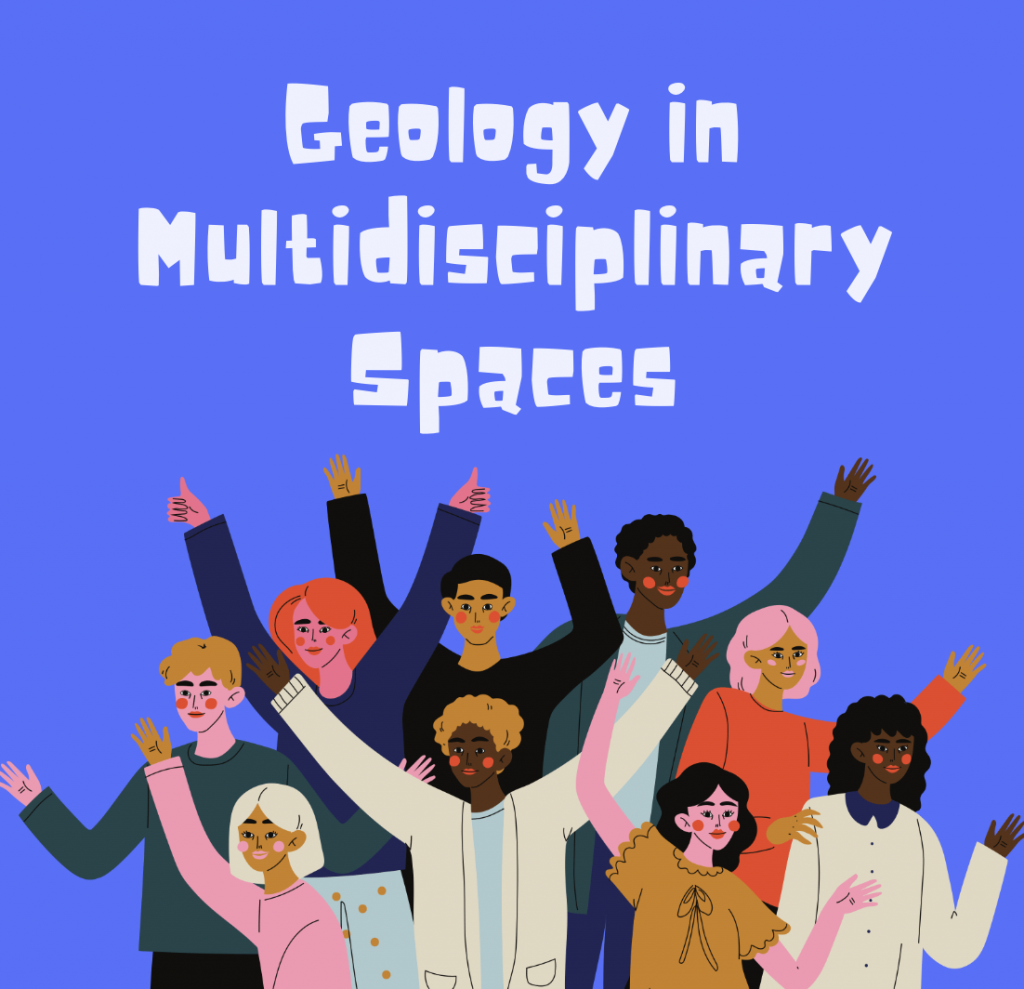Geology in Multidisciplinary Spaces
Oleh: Dasapta Erwin Irawan (Google Scholar)
Geology can work in a multidisciplinary space in various ways, collaborating with other scientific fields to achieve comprehensive and impactful results. Here are three examples:

- Geological Exploration: Geological exploration involves a sequence of multidisciplinary activities such as reconnaissance, discovery, prospecting, and economic mining. This process often requires collaboration with geophysicists, geochemists, and engineers to identify and assess mineral deposits, natural resources, and potential hazards.
- Hydrogeological Implications: A multidisciplinary geological and geophysical approach has been applied to define structural and hydrogeological implications in various areas, such as the Molinaccio spring in Italy. This approach involves integrating geological and geophysical data to understand the structural and hydrogeological characteristics of the area, which is crucial for managing groundwater aquifers and addressing water resource challenges.
- Geologic Modelling: Geologic modelling is commonly used for managing natural resources, identifying natural hazards, and quantifying geological processes, with main applications to oil and gas fields, groundwater aquifers, and ore deposits. Geologists collaborate with engineers, environmental scientists, and other experts to develop realistic geologic models that are essential for predicting the behavior of rocks, managing mineral deposits, and assessing the economic value of mineralization. Another instance is in the field of petroleum engineering, where geology intersects with engineering and geophysics to analyze subsurface petroleum projects.
Geology also plays a crucial role in a more diverse multidisciplinary spaces, contributing to various fields such as medicine, environmental science, and engineering. One example of geology’s multidisciplinary involvement is in medical geology, where it collaborates with medicine and environmental science to assess the impact of geological materials on human health. Additionally, geology contributes to environmental science by providing insights into the terrestrial water cycle through remote sensing, involving disciplines such as environmental science, engineering, and agriculture.
Geology’s multidisciplinary nature allows it to collaborate with various scientific fields and contribute to comprehensive and impactful results in areas such as geological exploration, hydrogeological implications, geologic modelling, medicine, environmental science, and engineering.

